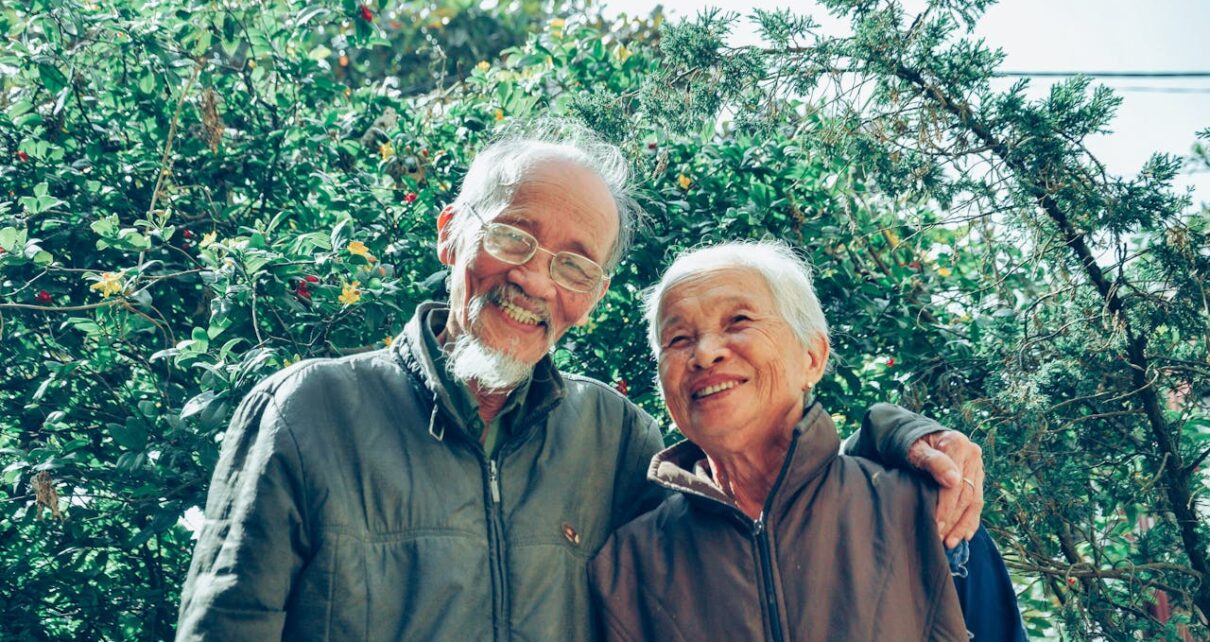As people get older, their health care needs change a lot. Managing high blood pressure becomes key for many seniors to keep living well. It’s really common among the elderly and needs careful handling.
For those in retirement homes, getting regular check-ups and having plans that fit their specific health situation are must-haves. So, this article explores how antihypertensive needs change as seniors age.
Adjustments in Medication
As people get older, their bodies change in ways that can mess with how well drugs work, including antihypertensives. For example, kidneys might not work well and struggle to get rid of some medications. This could mean doctors need to tweak the dose or switch up the meds.
Older people also tend to feel side effects more and have a higher risk of bad reactions when mixing different drugs. That’s why healthcare professionals take it easy at first—often summarized by the principle “start low, go slow.” Tailoring treatment is key; doctors really have to look at everything going on health-wise before deciding on blood pressure medicine.
Impact of Comorbidities
When older patients have high blood pressure, other health issues like diabetes, heart problems, or kidney troubles can make treating it more complex. Diabetes and high blood pressure often go hand in hand. Together, they really increase the risk of heart and kidney diseases.
Treating these patients means looking at the big picture, not just focusing on high blood pressure alone. This all-inclusive care strategy leads to treatments that are both safer and work better.
Lifestyle Modifications
Making changes to how one lives is key in controlling high blood pressure for seniors, right along with medical care. Eating better—such as less salt and more fruits and vegetables—and staying active in ways that fit their health can really help manage weight and lower blood pressure.
These steps are great because they’re safe and boost overall health, too. In retirement communities, creating a culture where everyone supports each other’s healthy choices can make a big difference. It helps seniors stay independent by living well together.
Importance of Regular Monitoring
Keeping a close eye on blood pressure is crucial for older adults, especially those taking meds to lower it. This routine helps doctors tweak treatment plans in time. The goal is to keep hypertension under control and dodge serious issues like strokes or heart attacks.
Regular check-ups also show if lifestyle changes are working or if more steps need to be taken. In retirement homes, health care providers can leverage regular check-ups to ensure that the antihypertensive therapies are achieving the desired outcomes and adjust treatments as patients’ conditions evolve with age.
Conclusion
To wrap it up, handling high blood pressure in older adults needs a flexible and tailored plan. Adjustments in medication, dealing with other health issues, making lifestyle shifts, and keeping an eye on things are all essential strategies.



